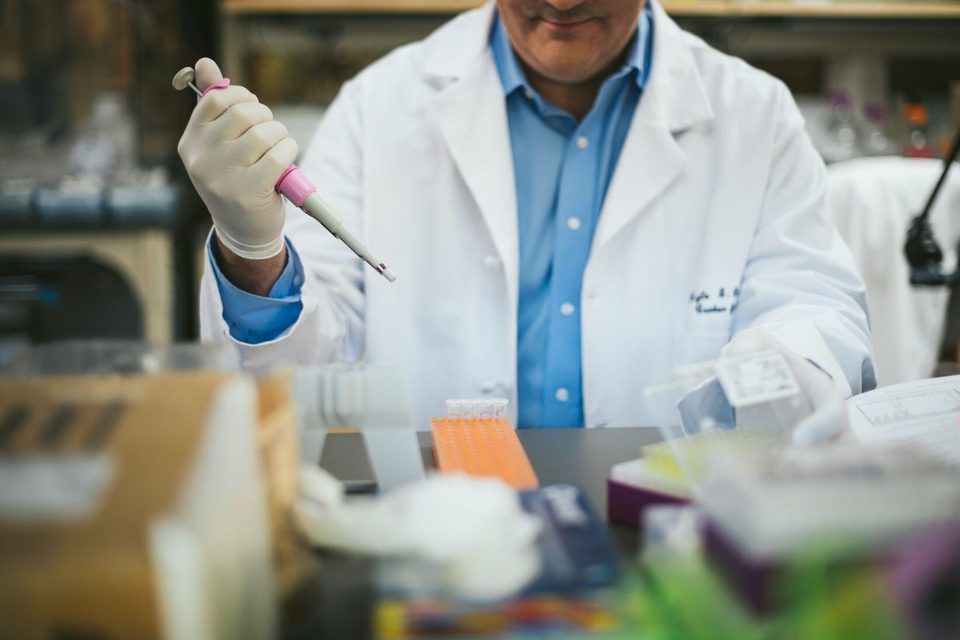MAGEE-WOMENS RESEARCH ROUNDUP: OCTOBER 2023

Oct 13, 2023
Stay informed with the Magee-Womens Research Roundup – Your source for the latest in women’s health and research by Magee-Womens Research Institute experts.
This month we will answer your questions including: What's the latest in women's health? How can we improve patient outcomes? How can AI help research?
Below is a roundup of key publications released in October 2023.
Preserving Fertility
Dr. Kyle Orwig and his team's work showcased the feasibility of inducing in vitro spermatogenesis from cryopreserved immature testicular tissue for up to 32 days. This approach led to the differentiation of primary spermatocytes (Frontiers in Endocrinology).
The Heart of Pregnancy Outcomes
Dr. Janet Catov and her colleagues delved into the intricate relationship between pregnancy outcomes and cardiovascular health. Their study revealed that among women with a history of adverse pregnancy outcomes, those with myocardial infarction (MI) tended to present earlier after pregnancy. Their research found that MI characteristics were similar between women with and without adverse pregnancy outcomes, shedding light on critical factors impacting women's heart health (JACC Advances).
Improving Diagnosis & Management
A team led by Dr. Sarah Napoe explored the causes of female urethral and periurethral masses. Their work provides an update on diagnosis and management, offering insights that can improve patient care and outcomes (Current Opinion in Obstetrics & Gynecology).
Halting Hemorrhages
Dr. Hyagriv Simhan and his colleagues conducted observational, multi-center trials to assess the effectiveness of an intrauterine vacuum-induced hemorrhage control device for postpartum hemorrhage. Their findings underscore the device's remarkable ability to staunch uterine bleeding following both vaginal and cesarean births (Obstetrics and Gynecology).
Assessing Neonatal Care
Dr. Steve Caritis and his team conducted a screening for genetic variants associated with adverse neurodevelopmental outcomes in extremely low birth weight infants. Their research pinpointed a genetic variant in SERPINE1 linked to cerebral palsy (CP) or death among infants, offering vital insights into neonatal care (American Journal of Perinatology).
Creating Intelligent Pregnancy Care
Dr. Yoel Sadovsky and his collaborators used an artificial intelligence (AI) based similarity network fusion technique to explore placental dysfunction. This approach integrated transcriptomics, proteomics, and metabolomics data. Results revealed a correlation with histopathology (BMC Medicine).
Don’t miss out! Check back next month for the latest #RESEARCHROUNDUP.